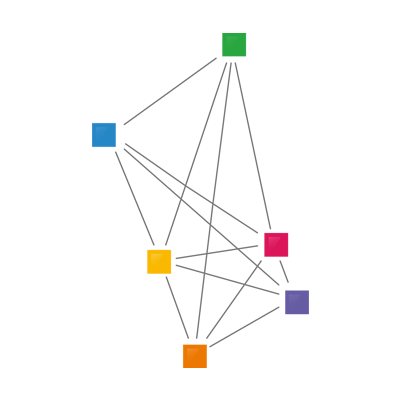Keynote: Boris Koprivnikar
4 Apr 2019 10:45h - 11:00h
Event report
[Read more session reports and live updates from the 2nd Western Balkan Digital Summit]
Mr Boris Koprivnikar (Former Minister for Public Administration and Deputy Prime Minister, Slovenian Government) started his presentation by asking a key question: Since digitalisation can be the engine of development, how do we run this engine faster? He explained that Slovenia started to use digitalisation as an opportunity for economic growth, and adopted a government strategy in this area. An efficient digitalisation strategy, he noted, had to be built on three ecosystems: the ecosystem of technologies – all technologies have to be present in this ecosystem, no specific one should be singled out; the ecosystem with international connectivity (which is important, because everything digital is interconnected regionally and globally); and the ecosystem of co-operation and key principles. With regard to the last ecosystem, it is important to start with a digital coalition, which would facilitate co-operation between different stakeholders. In this coalition, the government should be one of the parties, but should not lead it. Then the implementation of a few key principles should follow: divide data from application; open, share, use and reuse the platforms; centralise decision-making and co-ordination; tender problem functions and services; and use building blocks.
Digitalisation presents change, and if we change step by step, we can be successful. It is important that we do not guess what citizens and businesses need when it comes to digitalisation and digital transformation processes. We instead need to go and ask them. When we implement digital technologies, we should ‘start with why and stop for why’. Why do we build these systems? Why do we need them? The overall role of governments is to improve the quality of life, and the same should apply to digitalisation processes. Governments should make use of digital technologies to improve citizen lives, enhance the business environment, and build a sustainable country.
Koprivnikar finalised his intervention with a few remarks about the attention that has to be paid to data in the context of digitalisation processes. Data is the key, the only asset that you own. Everything else, platforms, applications, system, you can buy. Therefore, you have to know where data is, how you reach it and how you use it. And, most importantly, ask yourself what problem you are solving, not what tech you are introducing. Moreover, as digitalisation is universal, co-operation is key.
By Sorina Teleanu
Related topics
Related event

